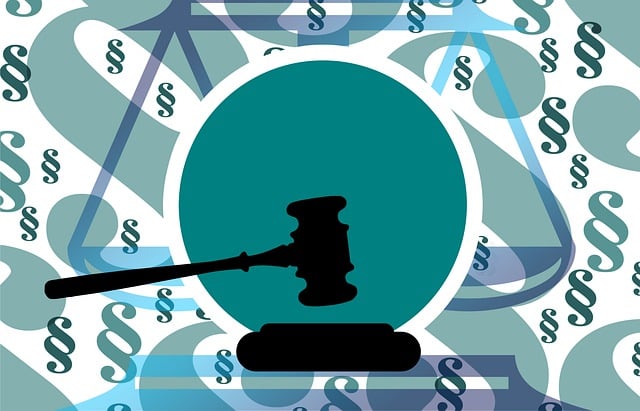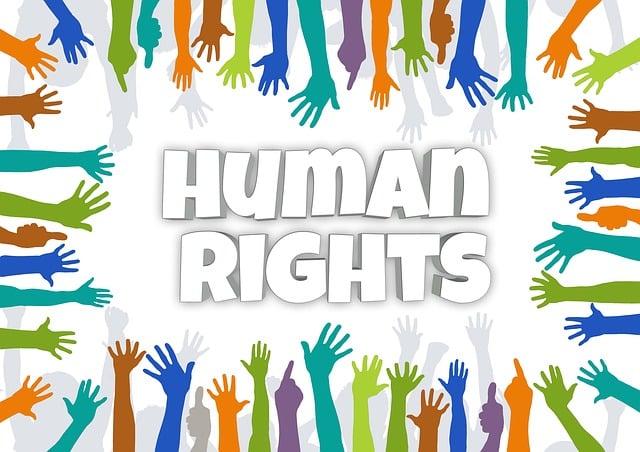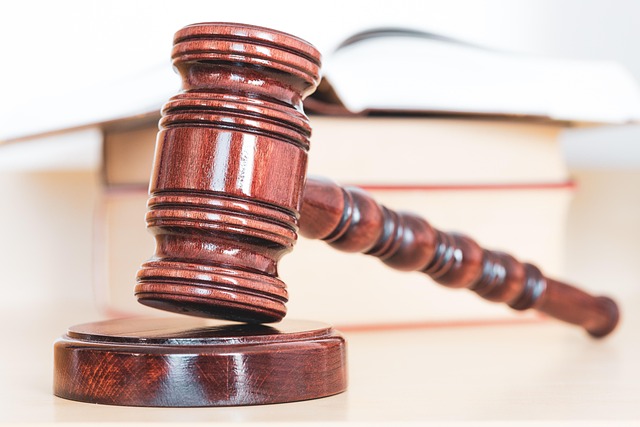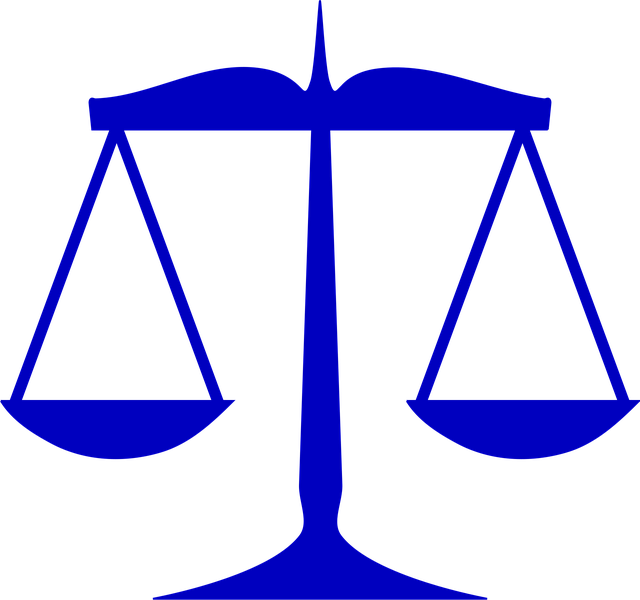Whistleblower Protection Lawsuits play a vital role in upholding ethical standards through Sentencing Guidelines Reform and Policy Changes. Recent reforms strengthen protections for whistleblowers reporting illegal or unethical activities, encouraging transparency and industry integrity. Key aspects include enhanced judicial discretion, retaliation prevention, financial penalty adjustments, and stricter penalties for silencing whistleblowers. Strategic approaches and policy shifts empower individuals to fight corporate misconduct and ensure justice through robust jury trials.
Whistleblower protection lawsuits are a critical mechanism for holding powerful entities accountable. In today’s complex legal landscape, understanding these suits is essential, especially with recent reforms in sentencing guidelines. This article delves into whistleblower protection lawsuits, exploring key changes brought by sentencing guidelines reform and policy adjustments designed to bolster protection. We also provide strategies for individuals looking to navigate successful claims, highlighting the evolving role of whistleblowers in society.
- Understanding Whistleblower Protection Lawsuites
- Sentencing Guidelines Reform: Key Changes
- Policy Adjustments for Enhanced Protection
- Strategies for Successful Whistleblower Claims
Understanding Whistleblower Protection Lawsuites

Whistleblower Protection Lawsuits are a crucial mechanism to safeguard individuals who expose illegal or unethical activities within organizations. These lawsuits have gained significant importance, especially in the context of Sentencing Guidelines Reform and Policy Changes. The primary goal is to ensure that whistleblowers are protected from potential retaliation, such as avoiding indictment or securing a complete dismissal of all charges, when they come forward with vital information.
In recent years, policy changes have aimed to strengthen whistleblower protections, particularly in the realm of white-collar and economic crimes. By implementing these reforms, governments are fostering an environment where employees feel empowered to report fraudulent or corrupt practices without fear of adverse consequences. This not only promotes transparency but also helps in upholding the integrity of various industries and sectors.
Sentencing Guidelines Reform: Key Changes

The Sentencing Guidelines Reform aims to significantly alter the approach to whistleblower protection lawsuits, making substantial policy changes. These reforms focus on providing a fairer system for both corporate and individual clients involved in whistleblowing activities, ensuring their rights are protected throughout all stages of the investigative and enforcement process.
Key highlights include clarifications on sentencing discretes, allowing judges more flexibility to consider mitigating factors specific to whistleblower cases. This reform aims to discourage retaliation against those who come forward with critical information while encouraging cooperation with investigations. Additionally, the changes may impact financial penalties, offering potential relief for whistleblowers facing severe economic consequences due to their disclosures.
Policy Adjustments for Enhanced Protection

In recent years, a significant shift has occurred in the legal landscape surrounding whistleblower protection lawsuits, driven largely by adjustments to sentencing guidelines and policy changes at both national and international levels. These reforms aim to encourage individuals with knowledge of corporate misconduct to come forward while providing enhanced protections against potential retaliation. By implementing stricter penalties for those who silence whistleblowers, the law creates a more favorable environment for exposing white-collar and economic crimes.
The introduction of these policy adjustments has been instrumental in fostering a culture that values transparency and accountability. As a result, winning challenging defense verdicts in cases involving whistleblowers have become increasingly feasible. This shift not only empowers individuals to fight back against corporate misconduct but also ensures that justice is served through robust jury trials, where the truth can be objectively assessed and decisions made based on facts rather than intimidation tactics.
Strategies for Successful Whistleblower Claims

Whistleblower protection lawsuits are a powerful tool for holding organizations accountable when they engage in illegal activities or misconduct. To succeed in these claims, whistleblowers must employ strategic approaches that align with legal frameworks and public policy goals. One significant development is the Sentencing Guidelines Reform, which aims to incentivize corporate compliance and deter wrongful actions by offering reduced penalties for companies that implement robust internal whistleblower programs. This reform underscores the importance of proactive measures within respective businesses to protect whistleblowers and encourage ethical reporting.
Additionally, policy changes in both the philanthropic and political communities have broadened protection for whistleblowers, ensuring they are not retaliated against for exposing wrongdoings. These reforms include enhanced protections against workplace discrimination, improved access to legal resources, and increased transparency in the process of handling whistleblower concerns. By leveraging these strategies and staying abreast of policy shifts, general criminal defense attorneys can effectively represent whistleblowers, ultimately fostering a culture of accountability and integrity within various industries.
Whistleblower protection lawsuits play a pivotal role in upholding justice and promoting transparency within organizations. By understanding the legal framework, such as whistleblower protection laws and sentencing guidelines reform, individuals can navigate their rights effectively. Key policy changes ensure enhanced protection for whistleblowers, encouraging them to come forward with valuable insights. Embracing strategies for successful claims further fortifies this process, ultimately revolutionizing corporate accountability through robust legal mechanisms, including Sentencing Guidelines Reform.






